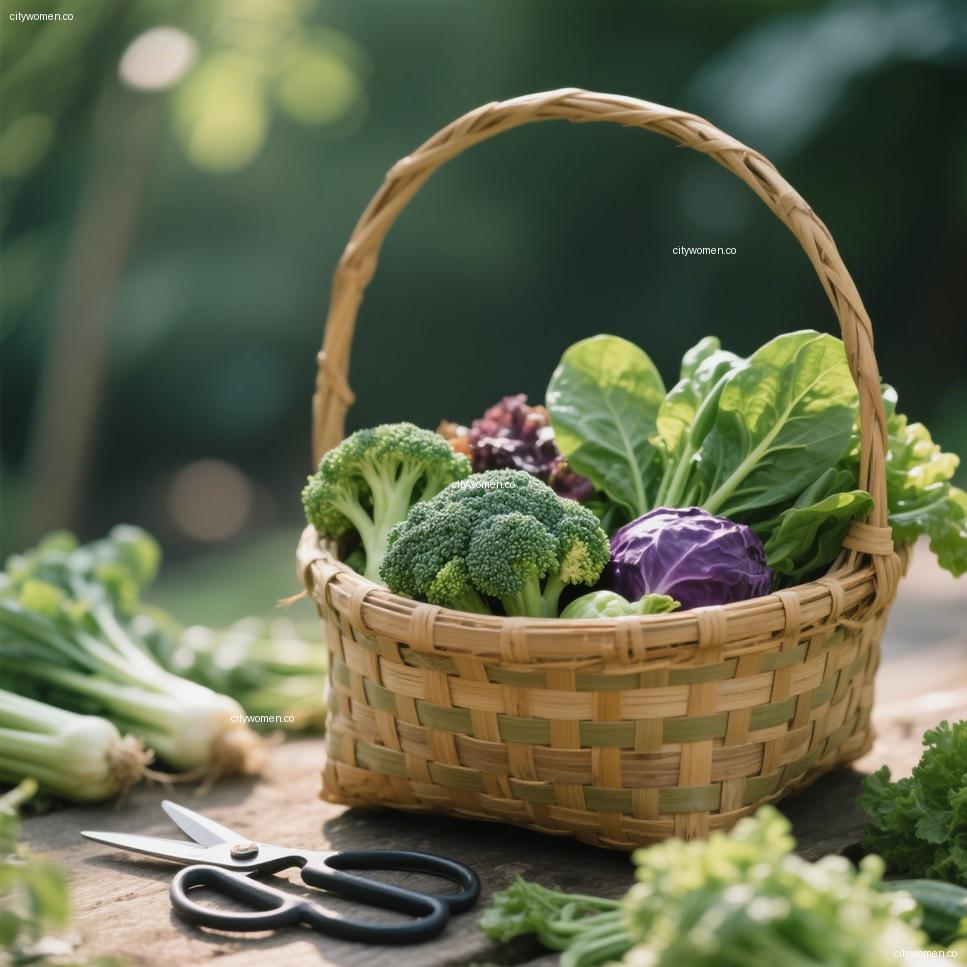
September 18, 2019 at 01:00AM by CWC
Gratitude isn’t necessarily displaying a throw pillow that reads “Don’t cry because it’s over, smile because it happened.” It’s not always that knee-jerk “thanks” you give your barista (who you probably don’t tip). And it’s usually not an Instagram post thanking your partner for always being your best friend and rock, and then checking back every minute for the next hour as the likes roll in. Rather, while the meaning of gratitude is indeed expansive, in practice, it’s a more active—emphatic, even—expression of appreciation for what you have without any expectation attached.
Beyond appreciating materials we have, the meaning of gratitude includes reflecting positive energy regarding the kindness we receive, says clinical psychologist Carla Marie Manly, PhD. And sure, that makes a lot of sense, but gratitude remains broad and difficult to define using concrete terms. To set a few parameters, find research-backed evidence below about what gratitude definitely is not.
1. Gratitude doesn’t mean you must always be happy
One recent study published in Current Psychology showed that a gratitude practice can help lower symptoms of depression, and another study in the Journal of Research and Personality notes it can help alleviate stress. That’s great and theoretically facilities increased happiness, but while gratitude can absolutely help you cope when you’re down, be sure not to confuse it as toxic positivity. Because the “count your blessing” argument has merit, but the human experience is relative. Gratitude is not an antidote for pain or grief, so feel your feelings, and be sure not feel guilty for moments of non-joy you experience despite all the good stuff happening in your life. There’s always someone who has it better and worse than you, so focus on how you feel within the scope of your own experience. Gratitude, after all, is not an exercise in comparison.
2. Gratitude is not a competition
Gratitude is about being thankful for what you have, of course. Part of that can even be a very public expression of how much you love your job, your parent, your partner, sure—but this is where things unfortunately often skew to the performative. When the subtext of a social post thanking mom/partner/boss for being the best is to flaunt what you have that others may not, take the opportunity to introspect.
ADVERTISEMENT
ADVERTISEMENTKate Spade Autumn/Winter Sale |
“When we compete with others—whether wanting to be better, look better, or achieve more—the competitive edge can wear away at the loving kindness that allows for true gratitude for a friendship, life, and love,” says Dr. Manly. “Genuine love requires that we not put others down to make ourselves feel better.”
Essentially, it’s not gratitude because you’re humble-bragging, and it’s especially not gratitude if your mom isn’t even on Instagram. Ask yourself whether you’d feel just as grateful by journaling the content of your post for personal reflection or speaking the compliment directly to the subject. If so, it’s a good sign you’re indeed grateful.
3. Gratitude is not divisive
Broadly, the meaning of gratitude points to anything that brings people together. Swiss psychologist Franziska Baumgarten-Tramer categorized expressions of gratitude in four buckets. One, connective gratitude, is an expression of how much you value someone using gestures of kindness with something that honors a person’s unique preferences. We honor others with gratitude, so remember that it isn’t selfish or just an exchange of favors and “thank yous,” but something meaningful that will track with all parties involved.
4. Gratitude isn’t just something to practice when we feel especially #blessed
It’s something to practice and acknowledge every day. “Of course, I sometimes fail at this—it takes great awareness—yet I strive to give gratitude to my husband, my life, my pets, nature, the food I eat, my clients, my book publisher, agent, and even the daily bits of life such as items in my home,” says Dr. Manly. “A grateful heart and grateful actions—living in gratitude—is shown by how we treat ourselves, others, and the planet.”
And once more, for the people in the back, it’s very rarely authentically shown on Instagram.
In case you’re curious, here’s how Cate Blanchett practices gratitude, and here’s how Gabby Bernstein makes time for a one-minute gratitude break.
Author Mary Grace Garis | Well and Good
Selected by CWC
ADVERTISEMENT
ADVERTISEMENTUp to 30% off Gift Sets |






